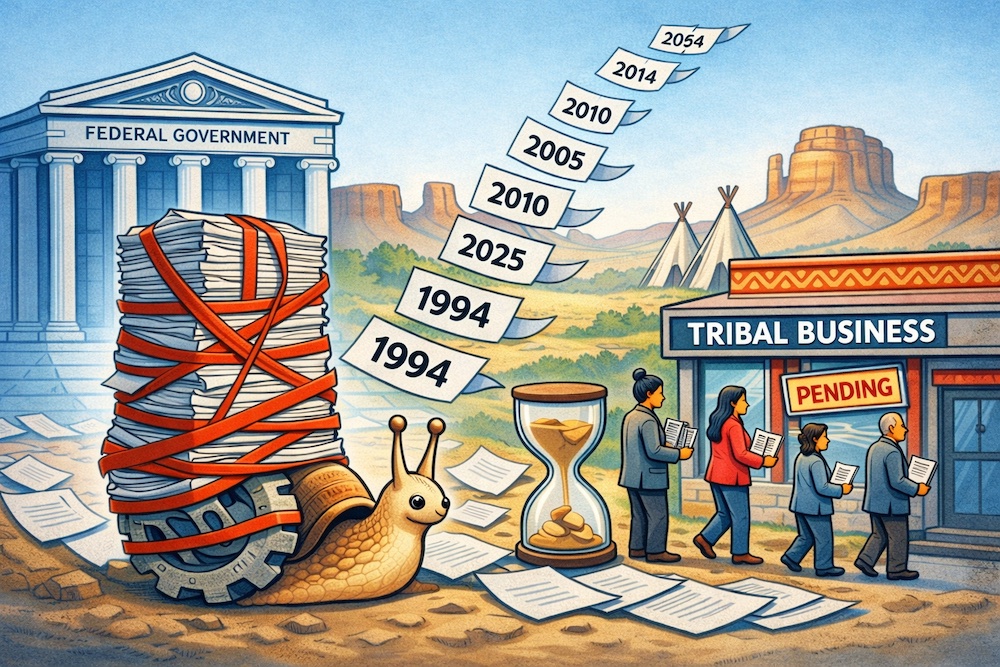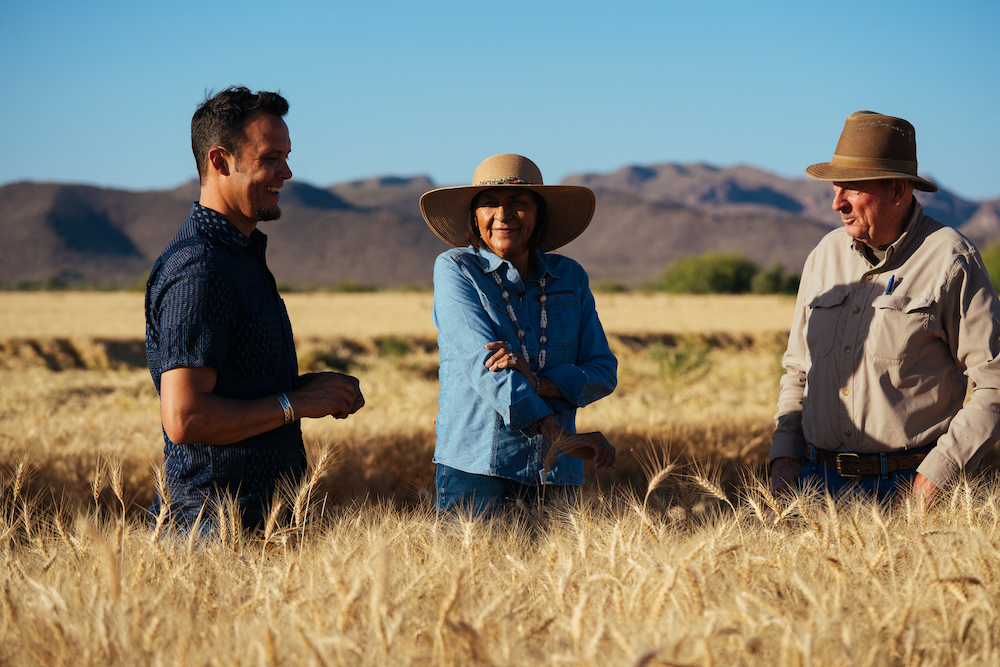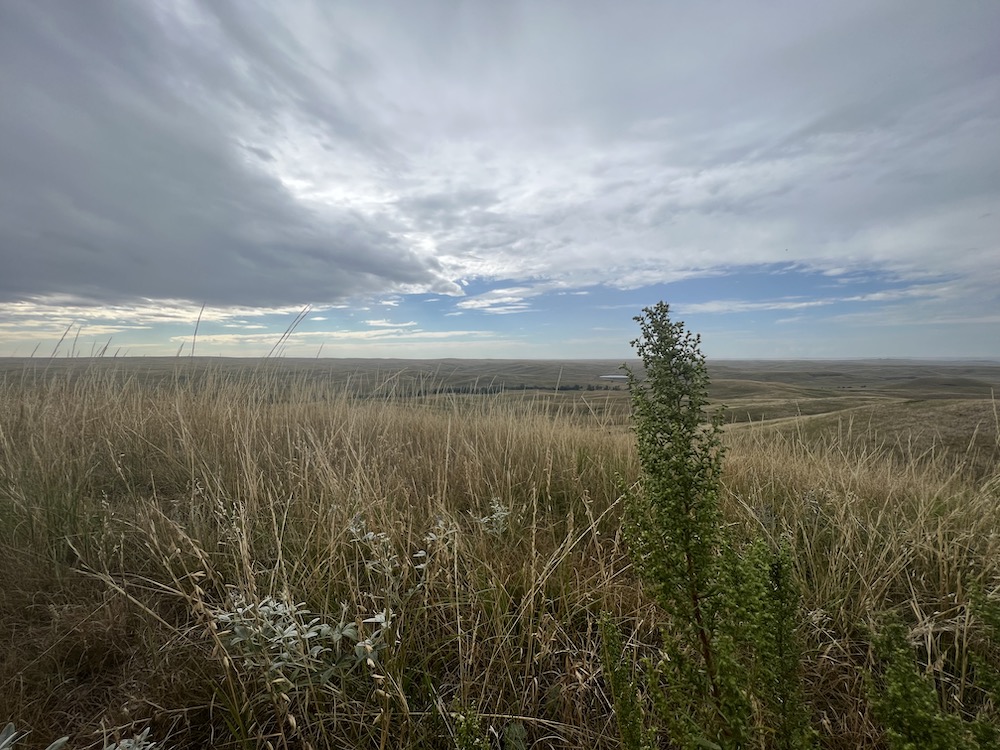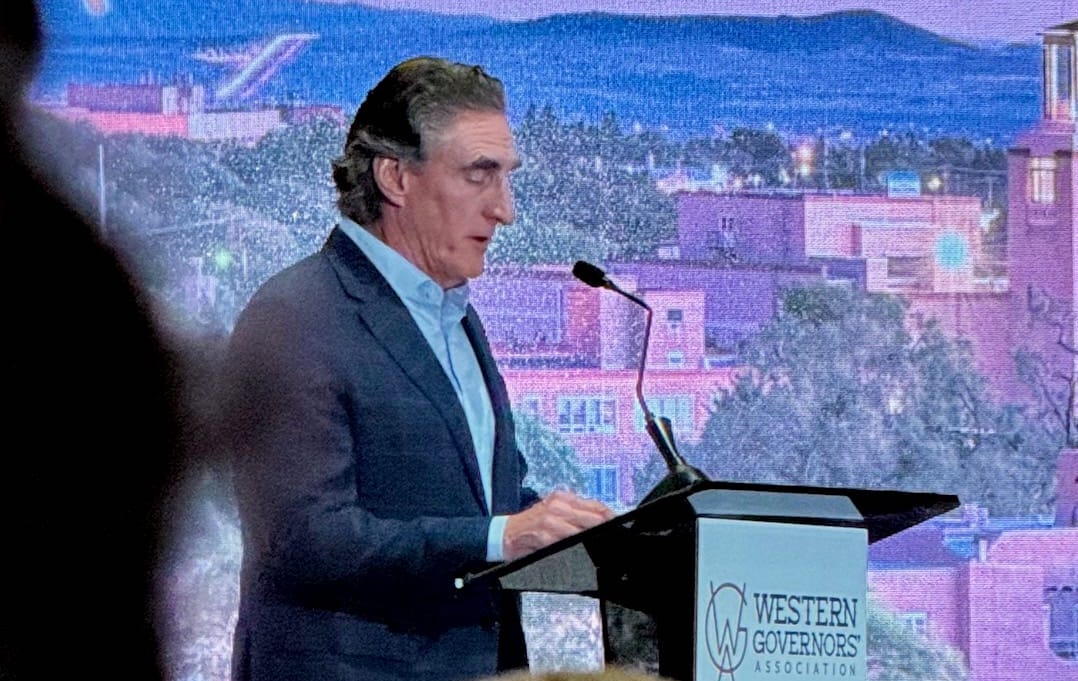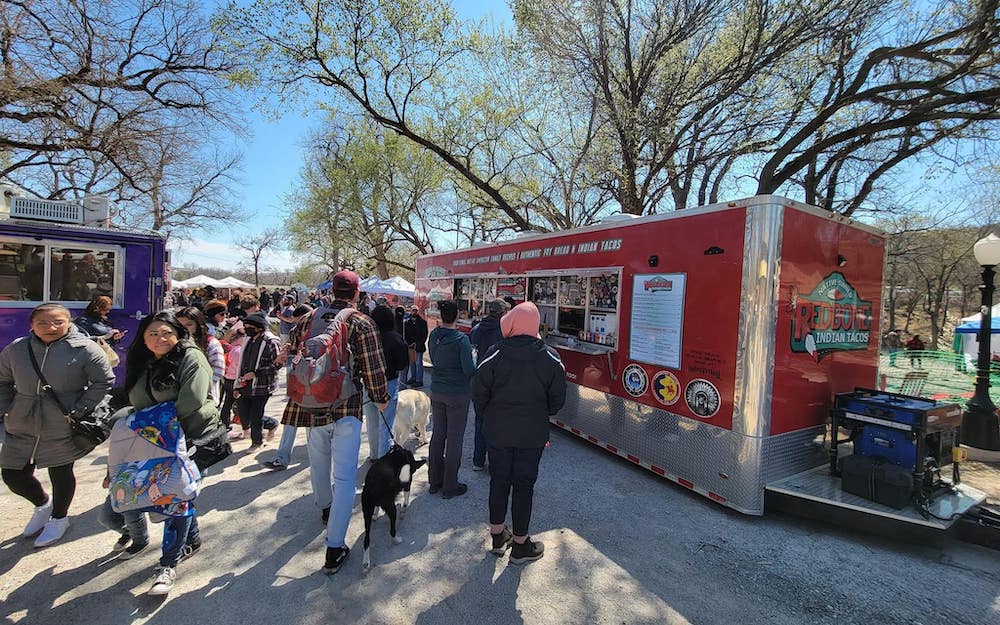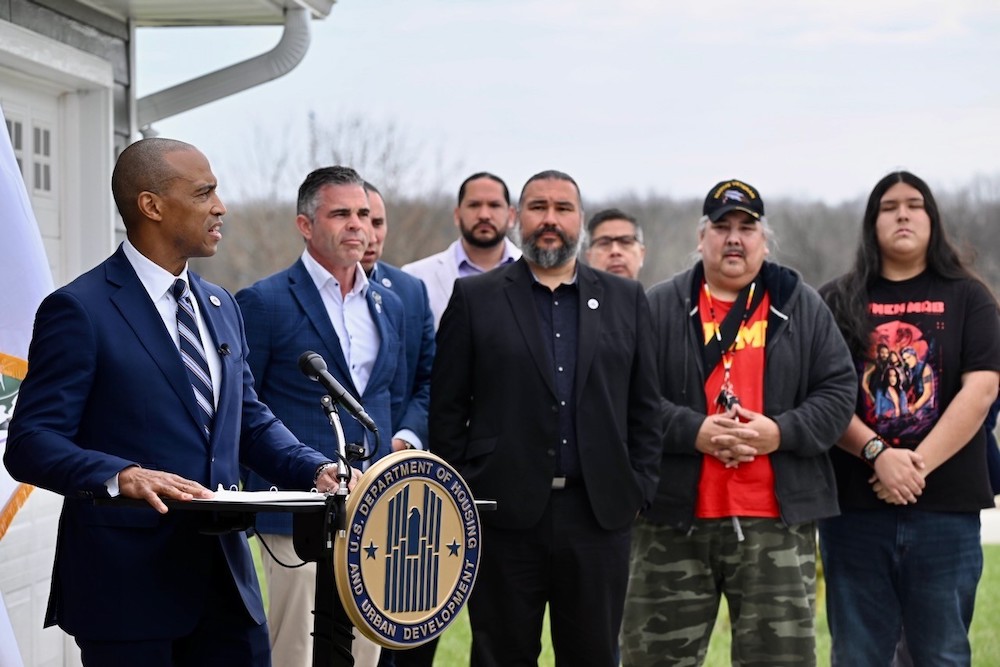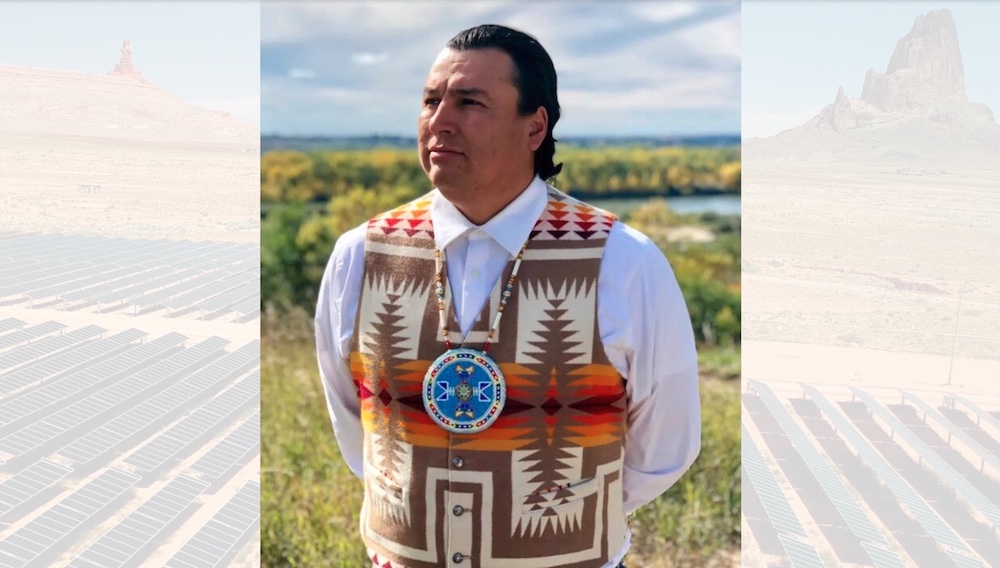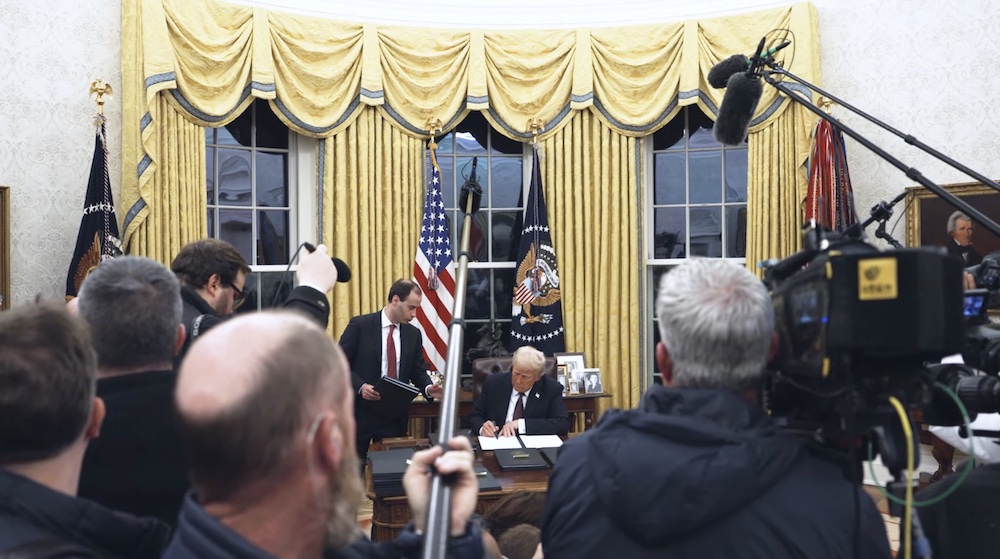Opinion | Op-Ed
- Details
- By Casey Lozar, Center for Indian Country Development
- Opinion | Op-Ed
- Type: Default
- Paywall Status: Protected
- Reader Survey Question: No Question
Blending historical approaches with modern data applications, tribal leaders and organizations set the stage for the next decade of economic data innovations.
- Details
- By Thomas Stratmann
- Opinion | Op-Ed
- Type: Default
- Paywall Status: Free
- Reader Survey Question: No Question
Guest Essay. Last month, the Treasury Department finalized two regulations that tribal leaders have sought for decades—one confirming that tribal general welfare benefits aren’t taxable income for recipients, and the other clarifying that wholly owned tribal business entities share their tribe’s tax-exempt status.
- Details
- By Jessica Auer, ILSR
- Opinion | Op-Ed
- Type: Default
- Paywall Status: Protected
- Reader Survey Question: No Question
Guest Opinion. The future of tribal broadband has quietly but fundamentally shifted over the last few months.
- Details
- By Kim Pate, NDN Fund
- Opinion | Op-Ed
- Type: Default
- Paywall Status: Protected
- Reader Survey Question: No Question
Guest Opinion. Seven years ago, when NDN Fund set out to finance large-scale loans across Indian Country, the LandBack movement was a growing rallying cry for the return of land to Indigenous hands. Today, it thunders as a full-throated demand for justice, especially now that federal funding for community-driven investment is in peril. It's more than a slogan — it's a profound indictment of America's extractive land ownership model, born from centuries of genocide against Indigenous peoples.
- Details
- By Toni Stanger-McLaughlin, Native American Agriculture Fund
- Opinion | Op-Ed
- Type: Default
- Paywall Status: Protected
- Reader Survey Question: No Question
Guest Opinion. In tribal agriculture, timing means everything. Delayed financing can force producers to sell herds, miss planting windows or lose land opportunities that may not come again. Yet, for too many Native producers and rural entrepreneurs, persistent barriers to capital continue to stand in the way of growth. Producers today are making decisions on next year’s crops, equipment and livestock. But those decisions, and the livelihoods tied to them, depend on stable access to capital. Today, that stability hangs in the balance. Capital delayed is opportunity lost.
- Details
- By Jacob Malcom, Next Interior
- Opinion | Op-Ed
- Type: Default
- Paywall Status: Free
- Reader Survey Question: No Question
EDITOR'S NOTE: We're excited to feature analysis from Next Interior, a new policy platform launched in 2025 that focuses exclusively on the U.S. Department of the Interior. Founded by Jacob Malcom, former director of policy analysis at Interior, Next Interior publishes detailed policy memoranda that offer unflinching analysis of what's happening at the department. For Tribal Business News readers, Malcom will be providing special briefings that focus specifically on Indian Country issues within Interior policy, drawing from his insider knowledge to help tribal leaders understand and respond to federal decisions that affect their communities.
_____________________
- Details
- By Pete Upton
- Opinion | Op-Ed
- Type: Default
- Paywall Status: Free
- Reader Survey Question: No Question
Guest Opinion. Twenty-three years ago, Congress confronted a hard truth: Indian Country faced systemic financial exclusion — and Native-led solutions were the key to change. At a Senate hearing prompted by The Native American Lending Study, witnesses like Elsie Meeks of First Nations Oweesta Corporation and Roger Boyd of the U.S. Treasury’s CDFI Fund called for a new federal commitment to Native-controlled lenders.
- Details
- By Scott Turner, HUD Secretary
- Opinion | Op-Ed
- Type: Default
- Paywall Status: Protected
- Reader Survey Question: No Question
Guest Opinion. Homeownership is a cornerstone of the American Dream. For many communities, including tribal communities, the path to homeownership has been filled with challenges.
- Details
- By Cody Two Bears, Indigenized Energy
- Opinion | Op-Ed
- Type: Default
- Paywall Status: Free
- Reader Survey Question: Business Topics
Guest Opinion. When I first tried to pursue solar energy development after the Standing Rock protests against the Dakota Access Pipeline, I learned a lot.
- Details
- By Jeff Grubbe, Former Chairman, Agua Caliente Band of Cahuilla Indians
- Opinion | Op-Ed
- Type: Default
- Paywall Status: Free
- Reader Survey Question: No Question
Guest Opinion. President Trump did a favor for Indian Country his first week in office, revoking the Biden administration's misguided diversity, equity and inclusion (DEI) policies. In doing so, he opened a door for a long overdue conversation about tribal sovereignty, federal programs and an undeniable fact: Tribal nations are governments, not minority groups.

